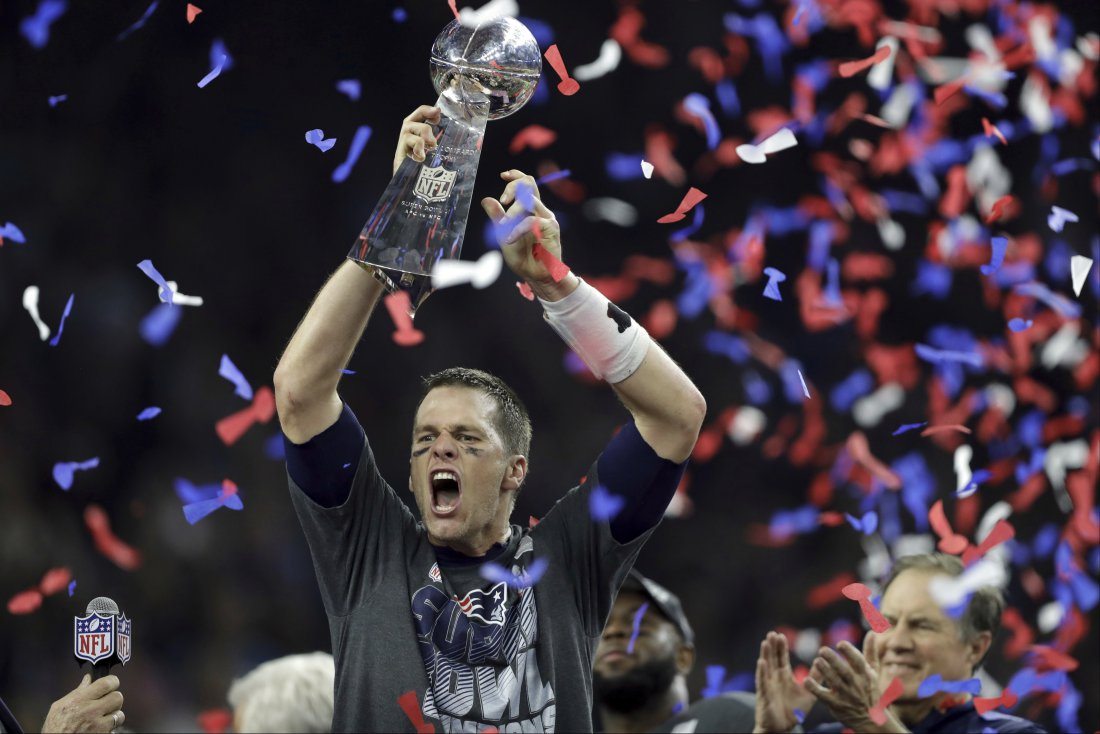

Boston has fast become a Major Sports Team market, not so much because of its regional size – as compared to New York, Los Angeles or Chicago – but because of the success of the Bruins, Celtics, Red Sox and Patriots. As a result of this collective and consistent success, Boston is becoming a major destination market, domestically and internationally. Add to this menu a resort casino just yards from the City limits and it’s a veritable bonanza.
Boston’s history has always attracted its fair share of tourists, especially families and conventioneers visiting the USS Constitution, Faneuil Hall, Tea Party, Plymouth Plantation and the Mayflower, Old North Church and the Freedom Trail. But the growing sports dynamic that has had owners investing millions in its venues, a la an expanded Fenway Park, TD Bank Garden and Patriot Place, has enlivened the discussion about siting a soccer stadium to bring Major League and World Soccer to the burgeoning international population of Greater Boston. Super Bowl LI has likely emboldened the owners of the New England Patriots, who also own MLS New England Revolution, to move aggressively on bringing a 5th major professional team to Boston in the hope of enhancing the prospect of adding to its market growth and international appeal.
Major League Professional Sports is big business, in general. Soccer, in many big cities worldwide, is, comparatively, almost as big as Major League Baseball and as big as the NBA and NHL combined. To quote our new President – It’s Yuge! In the United States, the NFL generated $13 billion. The MLB generated $9.5 billion. ML Soccer, $3 billion; plus, the Premier Soccer League, $5.5 billion: total $8.5 billion. The NBA, $4.8 billion. The NHL, $3.7 billion; combined, $8.5 billion. The NFL outpaces them all.
 The Kraft Group is a savvy enterprise. A new and market-appropriate size stadium is only part of the formula, but a necessary one. The real value is in the opportunity for merchandising to a rabid soccer constituency here in Greater Boston. As has been reported here, the stakes are high for The NE Revolution and the Krafts, but they are just as high for the City of Boston, UMass Boston and the future of the real estate holdings around Columbia Point, which is the target of their game plan. If the positive effect of Wynn Boston Harbor on Somerville and Everett’s job opportunities and real estate values are as significant as predicted, then any remaining opposition here could be mitigated over time, if Kraft uses the same strategy.
The Kraft Group is a savvy enterprise. A new and market-appropriate size stadium is only part of the formula, but a necessary one. The real value is in the opportunity for merchandising to a rabid soccer constituency here in Greater Boston. As has been reported here, the stakes are high for The NE Revolution and the Krafts, but they are just as high for the City of Boston, UMass Boston and the future of the real estate holdings around Columbia Point, which is the target of their game plan. If the positive effect of Wynn Boston Harbor on Somerville and Everett’s job opportunities and real estate values are as significant as predicted, then any remaining opposition here could be mitigated over time, if Kraft uses the same strategy.
With the fan euphoria so high after the Super Bowl victory and celebration, it is easy to understand the power that successful sports teams have over human psyche, impulse buying, community spirit and the attendant mass marketing strategies of advertisers. It possibly rivals even politics and elections.
Robert Kraft instinctively knows this and the Super Bowl LI historic comeback tale may emerge as a psychological boost for the acceleration of negotiations among the stadium stakeholders, but could become a Trojan horse for unsuspecting residents of Dorchester and South Boston, who are likewise not immune from the effect of euphoria. Again, residents would do well to pay attention to the process. Remember, sports is big business.









